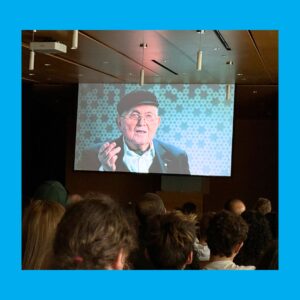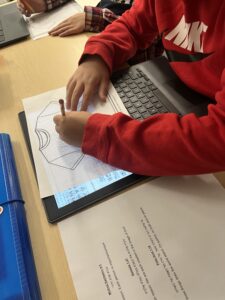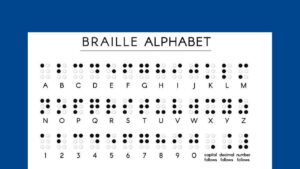Every time I experience a new city I end up memorizing how to navigate one neighbourhood, and perhaps another, but I know that until I understand how to get from neighbourhood A to neighbourhood B, I’m essentially traveling within familiar bubbles and lost in the greater context. I require connection to form my understanding as much now as I did when I was a young learner in school. When I began my career in an International Baccalaureate (IB) school in 2005, the Primary Years Programme (PYP) felt like segmented elements with no clear association. It took me some time to understand how the pieces fit and, once I had gained the bigger picture, I felt at home within the framework. It was holistic by nature, and this appealed to me. Over time, the IB continuum became a familiar thread of themes and concepts, and I felt comfortable within my understanding.
A change of career shook up this snug existence. I am the Dean of Academic Development and IB Coordinator at Leo Baeck, the first Jewish day school in Canada to be authorized in the MYP. Having mostly taught in non-denominational environments, I was confronted with the need to incorporate Jewish studies within an IB context. As a child of progressive Jewish parents, I was raised within Reform Judaism and as a veteran IB educator, the IB culture and framework were second nature; however, I had not yet consolidated these two philosophies. They were distinct and unrelated areas of understanding in my life. I felt lost and unsure of how to begin my search for common ground. How could I find a path from “neighbourhood A” to “neighbourhood B”?
The IB framework allows schools to maintain their unique identities. There are other schools like ours within the IB global community that have successfully combined a religious educational philosophy with the IB programme. I knew that I’d find an answer easily if I remained open to possibilities. Within my first month, this answer came in the form of a program called the Tikkun Project. This initiative is based on the concept of Tikkun Olam, a Hebrew term that essentially translates to “repairing the world.” It’s a rallying call to inspire social and environmental action. The Tikkun Project is a part of the cultural and pedagogical fabric of the school and is intended to grow and influence the learning in every grade, becoming a program we can share with schools outside our own community. Within the PYP, under the theme of Who We Are, one grade used the learning from their health-focused unit to make nutritious soup for a women’s shelter; another learned about accessibility and conducted an audit of neighbourhood buildings to see which ones were accessible. The curriculum is driving social action. Students are learning about repairing the world through the school’s Tikkun Project, through the lens of our transdisciplinary PYP units, and within Service as Action in the Middle Years Programme. This initiative has allowed students to become compassionate learners and engaged citizens of the world, while forming a deep understanding of how their social action is relevant to their Jewish identity. This program would prove to be a powerful conduit through which I could connect my understanding of Reform Judaism with the IB programmes and a way to inspire further student agency and action within the curriculum.
This knowledge opened a floodgate of new ideas for me as a coordinator and inspired me to dig deeper, become an inquirer, and tap into some of the passionate Jewish administrators and educators in our school community. The discussions that came from this exploration led me to turn my focus to critical thought. Through my conversations with the rabbi and scholars at Leo Baeck, I’ve learned that classical Jewish texts speak about the 70 “faces” of Torah. This is an acknowledgement that there are multiple ways to interpret our learning and that a myriad of truths exist within one text or idea. This concept is the foundation upon which much of Jewish educational discourse and philosophy is built, aligning perfectly with a fundamental aspect of IB education and part of the IB mission statement, that “other people, with their differences, can also be right.” The act of questioning previous understandings and exploring perspectives is central to both IB and Reform Jewish educational philosophies, and it is at the heart of the learning at my Jewish IB school, as it should be.
These two aspects of my experience, these seemingly separate entities in my personal and professional life, have converged in the most remarkable fashion. I recognize that this journey of discovery will be ongoing. These explorations have allowed me to see my own Jewish and professional identity in a new light and understand the greater context of learning within our unique community at Leo Baeck. It has also inspired me to search for new associations that, at first glance, seem inherently disparate but, upon closer inspection, reveal the wonderful connections and deeper understandings that exist in all areas of learning.
By: Sheryl Faith, Dean of Academic Development and IB Coordinator






